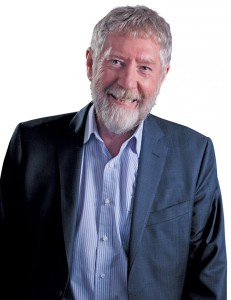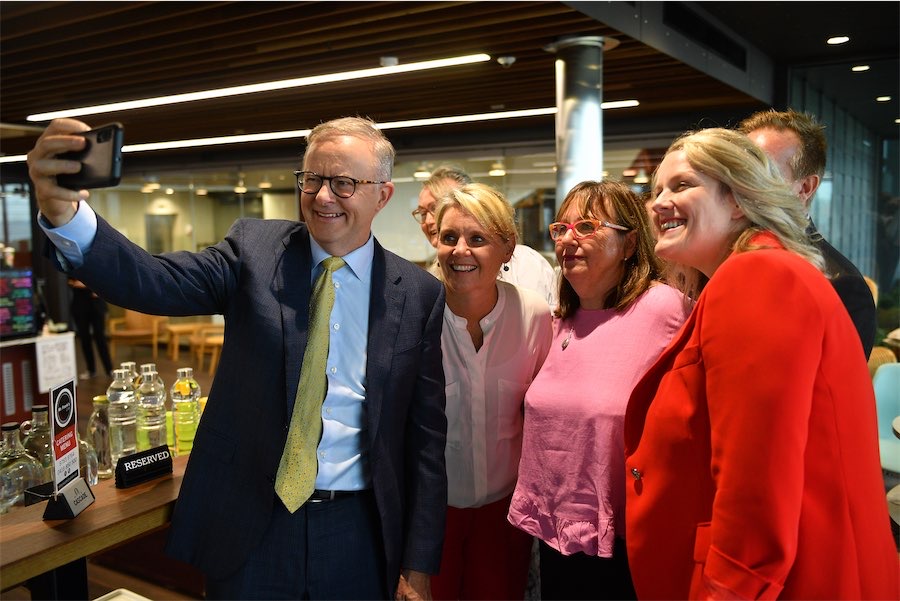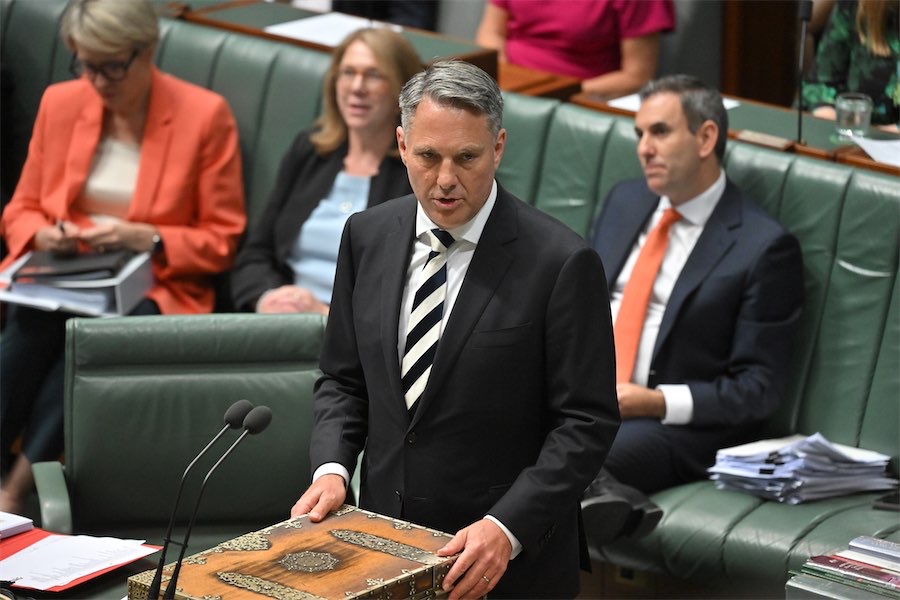“Shane Rattenbury is a Minister. He has the wherewithal and the responsibility to put his own words into action. Failure to do so reflects complacency and incompetence as a minister,” writes political columnist MICHAEL MOORE.
“BY building communities, not prisons, we can act to ensure that we support individuals to break the criminal justice cycle, and keep our communities safe.”

The irony of these wise words in a tweet by ACT Corrections Minister, Shane Rattenbury, was exposed almost immediately by a tweet in reply.
Bill Bashford included a picture in his reply tweet of the “work about to begin in Canberra’s new, low-security prison in the next 12 months”.
The message was reinforced in the ACT Budget which committed $35 million to expanding the jail with an “80-bed minimum security prison – or ‘reintegration centre’ – outside the wire at the Alexander Maconochie Centre”.
Two things are needed. A healthier prison is the first. There is still some way to go. The second is healthier and more equitable communities that mitigate against the need for so many people to be incarcerated. This is the sensible tweet circulated by Shane Rattenbury regarding building communities rather than prisons.
However, Rattenbury is a Minister. Philosophical reflection has its place – but it is not enough. He has the wherewithal and the responsibility to put his own words into action.
Failure to do so reflects complacency and incompetence as a minister. Paying lip service to a problem is not a solution. Appropriate funding in the Budget, ministerial guidance, co-ordination with cabinet colleagues and a serious commitment to outcomes are key to tackling such difficult problems.
The ACT’s 2019-20 Budget was certainly not framed in this manner. Perhaps the issue is just too hard! If the issue is truly intractable, why raise it? Unless it is a self-indulgent feel good!
The Budget expenditure under the heading “Building communities not prisons”, is simply improving the Warrumbul Sentencing Court and the ACT Bail Support Program. Excellent initiatives but, at best, a very early foundation stone for a genuine shift in policy.
At the opening of the prison the Greens challenged then Labor Chief Minister Jon Stanhope and the minister responsible, Simon Corbell, to deliver a truly human rights-compliant prison. It does in some aspects. However, while there is no needle and syringe program in the prison, the Alexander Maconochie Centre will not be compliant with the ACT Human Rights Act. Action remains wanting on this front. And the proportion of people who are incarcerated grows.
There is a problem. It was horrifying in the year 2000 when the Australian Bureau of Statistics (ABS) revealed that over the previous decade throughout Australia “there had been a 32 per cent increase in the adult imprisonment rate, from 112 to 148 prisoners per 100,000 adult population”. And things got worse. Not quite two decades on, in 2018, the ABS revealed Australia incarcerated at the rate of “221 prisoners per 100,000 adult population”.
In the ACT incarceration rates have increased alarmingly. In 2000 the ACT incarceration rates were the lowest in Australia at 76 prisoners per 100,000 population. They have doubled since that time.
The ABS identified the rate in 2018 as “151 prisoners per 100,000 adult population, an increase from 141 prisoners per 100,000 adult population in 2017”. Under Rattenbury’s stewardship an increase of this magnitude in one year should be a serious embarrassment.
Lip service is not enough. The feeble attempt in Chief Minister Andrew Barr’s introduction to the 2019-20 Budget has its place: “We are making a major investment in more police and a new approach to policing that will focus on crime prevention and disruption, helping to deliver on our goal of reducing recidivism by 25 per cent by 2025”. However, more policing (or even funding better policing) is not enough.
The ACT is progressive in many areas. However, on this issue lessons from other countries seem to have been lost. Dutch newspaper “De Telegraaf” reported in 2013: “Nineteen prisons in the Netherlands closed because the country didn’t have enough criminals to fill them.” It added that five more were “slated to close their doors by the end of the summer”.
It is not even necessary to go international; Prof John Braithwaite at the ANU began developing outstanding policy options on “restorative justice” decades ago.
Raising an issue through a tweet is not a bad thing. Taking responsibility and acting is so much better. Over to you, Minister Rattenbury. We like your tweet. How are you going to deliver?
Michael Moore was an independent minister for health in the ACT and minister for corrections from mid 2000 until retirement in November, 2001.
Who can be trusted?
In a world of spin and confusion, there’s never been a more important time to support independent journalism in Canberra.
If you trust our work online and want to enforce the power of independent voices, I invite you to make a small contribution.
Every dollar of support is invested back into our journalism to help keep citynews.com.au strong and free.
Thank you,
Ian Meikle, editor





Leave a Reply